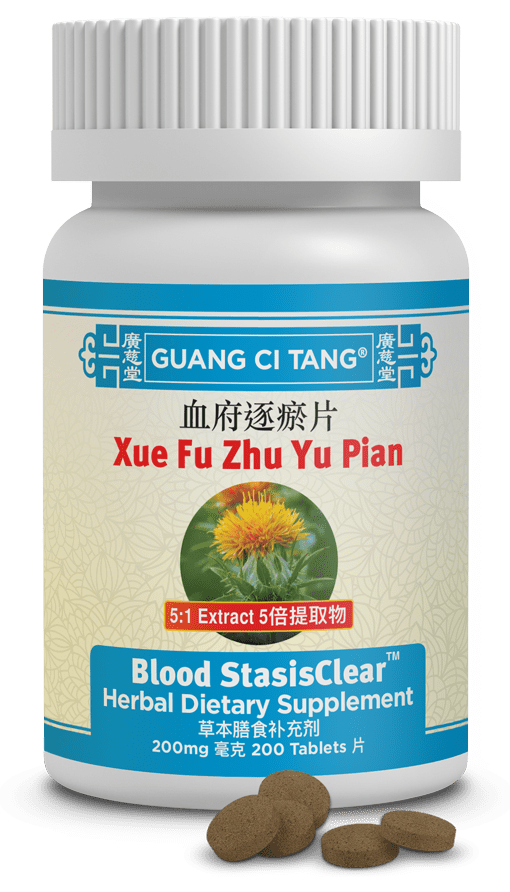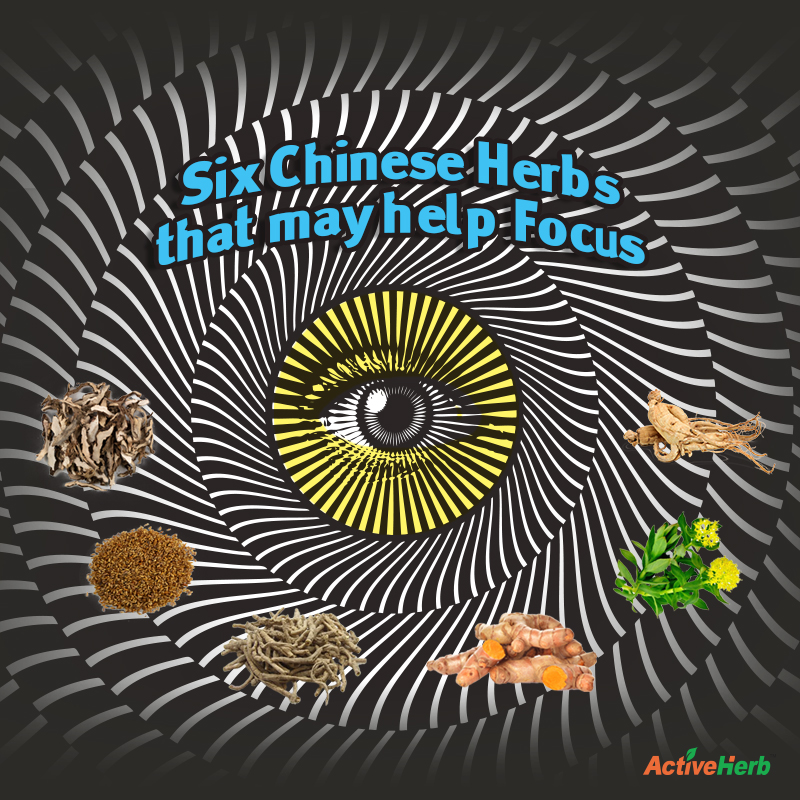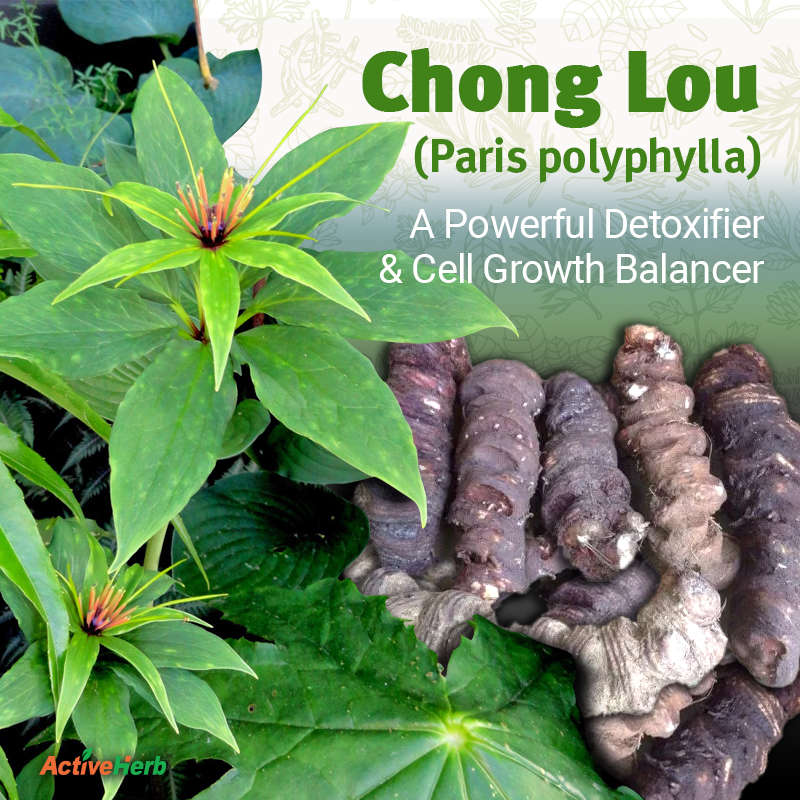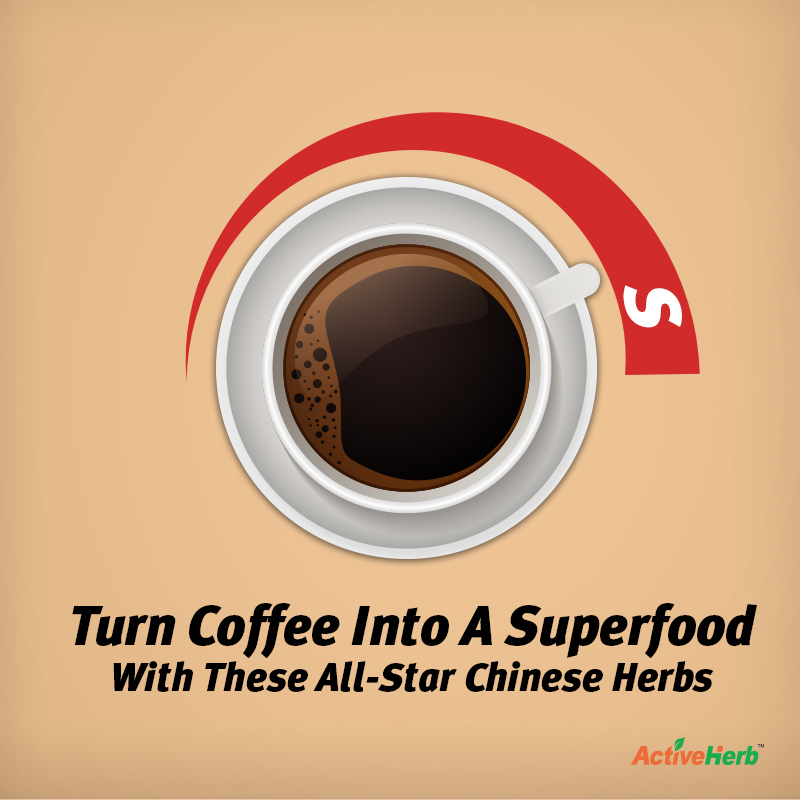Try These 2 TCM Anti-Aging Hacks: Support Lymph Drainage and Blood Circulation

Consider the lengths many people in the West go through to live a longer, healthier life: Cold plunging. Hot yoga. High-intensity interval training. Fasting for 16 hours a day. Breaking long fasts with a kale smoothie.
With these self-flaggelation paths to wellness, it’s no wonder that many people think achieving optimal health is too difficult. Two-hour gym sessions and restrictive diets make vibrant health feel out of reach. However, according to Traditional Chinese Medicine (TCM), you don’t have to force down unappetizing raw cruciferous vegetables or engage in grueling workouts to be healthy. Instead, focusing on supporting your body’s natural processes of lymph drainage and blood circulation can be a more accessible and sustainable path to wellness.
Rethinking Longevity in TCM: It’s Simpler Than You Think
While exercising regularly and eating nutritious foods play essential roles in health, TCM offers a more balanced and gentle approach. Rather than rigidly adhering to intense fitness regimens or fad diets, the focus is on nourishing the body’s vital fluids and ensuring smooth circulation. Two crucial aspects of this are lymph and blood flow.
If you improve your lymph and blood circulation, you’ll likely improve your overall physical and emotional well-being.
Understanding Lymph from a TCM Perspective
In Western medicine, lymph is a fluid that plays a key role in immune function, carrying waste and toxins out of tissues and transporting white blood cells. From a TCM perspective, lymph is closely related to the body’s “Jin-Ye,” or body fluids, which include everything from tears to digestive fluids. These fluids are “precious” resources that lubricate and nourish the organs, joints, and tissues.
Lymph, as a type of Jin-Ye, ensures that waste is efficiently cleared out and fresh nourishment reaches every corner of the body. However, when lymphatic circulation is compromised, the body experiences stasis. Stagnant lymph can lead to the buildup of toxins, resulting in bloating, swelling, skin issues, and a heavy, sluggish feeling. Over time, unchecked lymph stasis can contribute to more serious health issues, from inflammation to frequent lethargy.
How to Support Lymph Drainage According to TCM
TCM emphasizes gentle, consistent care over aggressive interventions. So that means not having to do 20 squats, followed by burpees, clean and jerks, and snatches. Daily CrossFit classes are not necessary to improve lymph flow. Instead, the good news is that low-intensity movements are highly beneficial for improving lymphatic circulation. Practices like Tai Chi, Qi Gong, and light stretching are ideal for gently stimulating lymphatic circulation. These activities encourage rhythmic, flowing movements that guide lymph through its channels without straining the body.
Acupressure and Gua Sha (skin scraping) are additional TCM techniques that can enhance lymphatic drainage. By applying gentle pressure or scraping along specific meridians, you can unblock stagnant fluids and promote smoother flow.
Bouncing on a trampoline or a rebounder (a small, indoor trampoline) for just a few minutes daily is also a simple way to resolve lymph stasis. Another easy way to support lymph circulation is as easy as popping a pill (tablets or capsules, actually). TCM offers several formulas that help move lymph and eliminate dampness (a TCM pattern that leads to lymph stasis). For instance, “Ping Wei Pian” (Stomach Dampclear) addresses dampness in the middle jiao (digestive area) and promotes fluid movement. Another choice is “Wu Ling Pian” (Wateroff), which helps resolve water retention and supports lymph flow.
Blood Stagnation in TCM: Causes, Symptoms, and Solutions
Blood stagnation is a core concept in TCM and is a significant cause of acute and chronic conditions. In TCM, Blood is the vital substance that nourishes the organs, muscles, and tissues. When blood circulation is disrupted—whether due to stress, poor diet, or a sedentary lifestyle—it becomes stagnant, leading to pain, stiffness, and other symptoms. Left untreated, blood stasis can result in more severe conditions such as fibroids, varicose veins, or even cardiovascular issues.
The root causes of blood stagnation include emotional stress, cold exposure, overexertion, and a diet that is overly rich or greasy. Symptoms can range from sharp pain and bruising to more subtle signs like irritability, headaches, and menstrual irregularities.
Lymph stasis and blood stagnation are often interrelated. When lymph is stagnant, it contributes to blood congestion, and vice versa. Resolving both requires a holistic approach that includes gentle movement, stress reduction, and herbal remedies.
To improve blood circulation, consider lifestyle adjustments like daily walks, massages, and incorporating warming foods and spices like ginger and cinnamon. From an herbal perspective, formulas such as “Xue Fu Zhu Yu Pian” (Blood Stasisclear) may break up blood stasis and restore circulation.
Notice how TCM does not emphasize training for a marathon or other hardcore cardiovascular exercise. Although running and other high-intensity exercises may improve one’s cardiovascular endurance, they are not necessary for resolving blood stasis. In fact, overexertion from exercise can deplete the body’s Kidney Jing — the body’s essence that governs growth, development, and overall vitality. If you deplete your Jing, your longevity doesn’t go up; it goes down. Hence, the reason some marathon runners drop dead mid-race.
Emotional and Spiritual Benefits of Improved Lymph and Blood Flow
When lymph and blood circulate freely, you may feel lighter, more energetic, and mentally clearer. In addition, emotional balance may improve as unprocessed emotions stored in stagnant blood or lymph are released. Spiritually, this leads to a greater sense of vitality and connection to oneself.
Supporting lymph drainage and blood circulation is more than just a health strategy—it brings more ease, balance, and flow into your life. By taking small, consistent steps that align with TCM principles, you can cultivate lasting health without the burden of extreme measures.
The path to longevity doesn’t have to be difficult; it can be as simple as harmonizing your body’s natural rhythms.
Is This TCM Longevity Approach Too Simple To Be True?
Perhaps it sounds too good to be true. Eat sensibly (long-term fasting and extreme vegan diets are unnecessary; eat primarily unprocessed foods from plants). Don’t worry about getting into great shape. Instead, do low-key activities every day, such as walking and gardening. And resolve any lymph or blood stasis by supplementing with TCM formulas.
If you’re skeptical that this strategy is all it takes, consider that Western medicine supports this approach. To reiterate, the lymphatic system plays a crucial role in immune function by removing waste, toxins, and other harmful substances from the body. Stagnation, whether of blood or fluids, is believed to contribute to illness, which can shorten lifespan. From a Western perspective, lymphatic health and blood circulation are linked to overall well-being. Poor circulation is associated with cardiovascular diseases, while compromised lymphatic function is linked to immune deficiencies, chronic inflammation, and toxin buildup. Addressing these issues can contribute to a longer, healthier life.
Admittedly, supporting lymph drainage and blood circulation alone may not guarantee increased lifespan. However, this interconnected dual approach is consistent with TCM and modern health practices. At the very least, resolving lymph- and blood stasis will improve Qi flow and encourage greater Yin-Yang balance, thereby supporting organ health, emotional harmony, and digestion.
Doesn’t that sound like a more manageable prescription for supporting a healthier lifespan?







